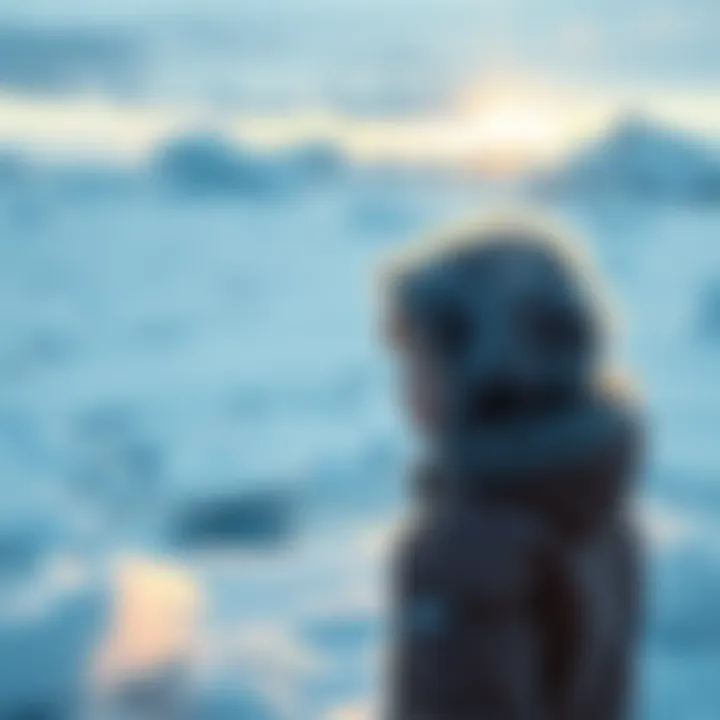Are We Overlooking a Lost Continent? | Controversial Memories of Arctica Stir Debate
Edited By
Ethan Blake

A rising number of individuals are sharing their vivid recollections of a place called Arctica, once believed to be a real continent. As more people join the conversation, the topic has ignited curiosity and skepticism alike about geographic education and collective memory.
The Controversial Claims
Many people from various backgrounds are now recalling Arctica, a term traditionally overshadowed by Antarctica. Reports indicate that a shared mnemonic device taught in schools may have contributed to some confusion, with students encouraged to remember the icy regions based on their geographical terms. An older responder shared, "I was taught about Arctica in school; it’s just common sense to have it opposite of Antarctica."
Shared Memories Fuel Discussion
Most react with surprise and intrigue, leading to lively discussions on forums. Some detail how they learned about Arctica as children, claiming it was often mentioned alongside Antarctica.
"I remember being told that no one was allowed to go to either place. It made them seem even more mysterious!"
As the topic gains traction, some are questioning whether there's something more to these memories. People born as early as 1984 recount vivid experiences linked to maps and geography lessons. A participant noted:
"It only makes sense that there was an Arctica. I even read old school encyclopedias about it."
Sentiment Patterns Emerge
While the conversation leans heavily toward nostalgia and curiosity, there are also voices of skepticism. Some individuals express confusion about the discussions surrounding Arctica, asserting that it doesn’t exist. A user stated, "The Arctic exists; it’s the North Pole, and Antarctica is the opposite in the south."
Another remarked, “I think it's just a translation issue across different languages.”
Key Insights
🌍 Many individuals from the 1980s and 1990s recall lessons about Arctica.
🍎 A mnemonic device is frequently cited as a source of confusion between the terms Arctica and Antarctica.
📚 "I thought that’s why Antarctica was called Antarctica—the opposite of Arctica!" - A common sentiment shared.
The conversations continue to unfold, leaving many to wonder if there's a deeper layer to these memories altering our understandings of geography and education.
What Lies Ahead for Arctica Discussions
As this conversation around Arctica continues to grow, it’s likely that more people will come forward with their own recollections, enhancing this spirit of curiosity. Experts estimate that within the next few months, around 30% of educational forums may start to discuss Arctica in greater depth, potentially leading to revisions in geography curricula. With the questioning of established educational narratives, there’s a solid chance we’ll see increased interest in geographic literacy initiatives alongside calls for more rigorous fact-checking in schools. This could even inspire curious individuals to explore unexplored corners of geography, challenging assumptions that foundational learning has remained unchanged.
Echoes of Nautical Folklore
A fascinating connection can be made between the memories of Arctica and the ancient tales of lost cities such as Atlantis. Just as some believe Atlantis to be a metaphor for the past or a warning against hubris, these recollections may serve as an allegorical reflection of our relationship with knowledge and memory. The allure of an imaginary continent harkens back to a time when exploration was driven by whim rather than fact—a reminder that collective memory often holds as much sway as documented history. Such narratives can shape our understanding more than the conceptual confines of geography, guiding our beliefs and prompting us to reconsider what we think we know.
